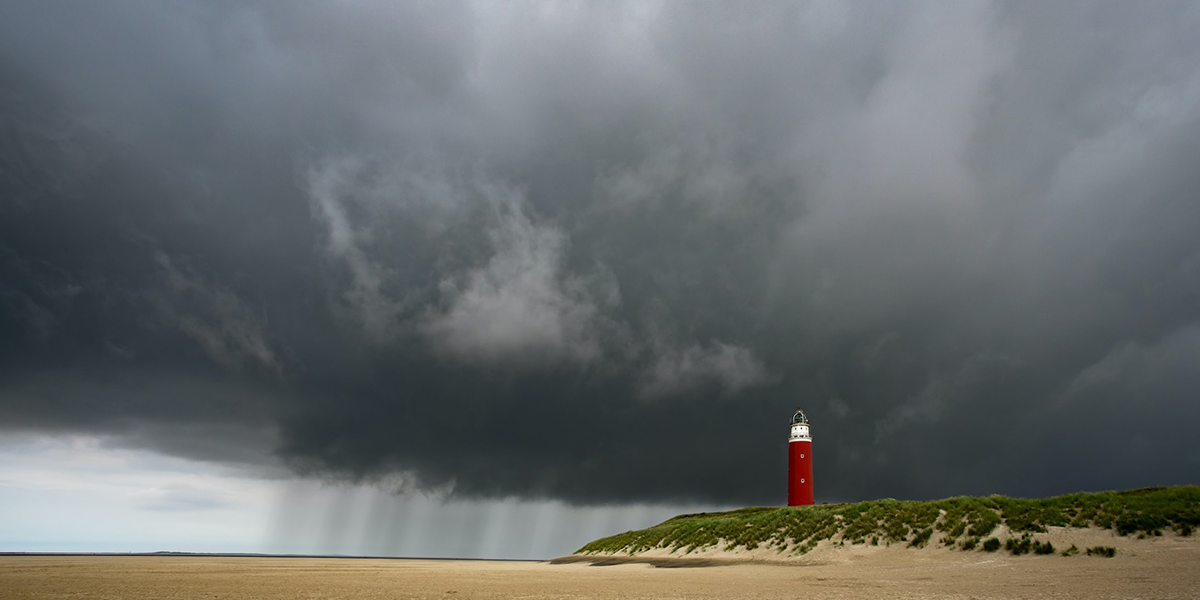
A Guide To Thriving After Divorce
People often liken divorce to a death. The death of a loved one involves a profound loss. The death of a relationship touches everyone affected in a very similar way. Both death and divorce involve myriad stages of grief, unexpected personal changes, and unexpected and often unwanted life adjustments.
Divorce Is a Death—and Sometimes a Murder
The difference here is that a divorce is actually a murder. Someone has to shoot it. One partner or the other must make the awful decision to kill the relationship – and sometimes split up an entire family. It’s a violent thing to take a relationship apart. Even in the most amicable divorce, the carnage touches every aspect of the lives of all involved: emotional, relational, financial, to name a few. Also at stake is reputation. Divorce robs you of the luxury of private failure. Suddenly your once-solitary drama is out there for all to see.
So what should we expect if we’re considering divorce, going through a divorce, or recovering from a divorce? And how do we emerge from the disaster intact?
what can you expect when facing divorce?
In the 25 years I’ve been specializing in last-ditch marriage therapy and divorce recovery, I’ve seen clear patterns emerge which highlights the road to recovery.
First, it’s important to remember that every divorce has a beginning, a middle, and an end. And each of these phases has a beginning and a middle and an end. And each phase has its unique challenges.
the beginning
If papers have just been filed, for example, you’re at the beginning of the beginning. The beginning phase of divorce is the most disorienting. It involves processing the surreal reality that the person you once trusted and exchanged vows with is now functioning in opposition to you. The beginning, middle, and end of the beginning of most divorces is defined by this unexpected distortion of your reality.
the middle
The middle phase of divorce most often involves conflict – sometimes cruel conflict – as both parties dig in to protect themselves and their assets, or their relationships with children, friends, and family. Typically, the only people who escape the fray in the middle phase are the attorneys. Conflict leads to unnecessary long divorces, which adds up in lots of billable hours. Most good family law attorneys will advocate for their clients with as little collateral damage as possible.
the end
The end of the divorce process can involve both loss and relief. Loss of the marital relationship, and sometimes of adjacent relationships. Financial loss. Loss of optimism. Loss of certainty about how the universe works. Sometimes loss of reputation.
Relief may also be at hand. Relief from the divorce process itself. Relief that a toxic relationship has finally ended.
This wild, mixed bag of experiences and emotions is almost inevitable, and is typically traumatic for all involved.
So now what? After we’ve stumbled through the beginning, middle and the end of the beginning and the middle and the end… what can we expect when we find ourselves blinking in the daylight after all that turmoil?
Divorce recovery ideally happens in three stages. (Pro tip: aim to get all the way to stage 3)
stage 1: the era of devastation
Stage one is the era of devastation. This stage is inevitable. This is the part when your life is turned upside down. Stage one for all parties typically involves:
- shock
- disorientation
- confusion
- surprise
- and a thousand rude awakenings.
Stage one involves disruption of financial parity, packing your books and selling the home you loved, navigating loyalty shifts in important relationships, disruption of within the family and often with inlaws, friends, and sometimes one’s own family. And in one of life’s real cruelties, the era of devastation also often involves you seeing the worst of your partner and perhaps yourself. A divorce attorney once told me, whatever people are like before the divorce, multiply that by a thousand and that’s what you’ll see during the divorce.
Emerging from the era of devastation often takes a year or more. Divorces themselves often take months, and then there are the holidays to get through, the giving up of old traditions while contemplating new ones, renegotiating important relationships, and sometimes letting go of important relationships. The era of devastation can feel genuinely apocalyptic. But here’s the good news. It has a beginning, a middle, and an end. And at the end of stage one, stage two – the era of recovery, begins.
stage 2: the era of recovery
Recovery from divorce is not unlike recovering from any injury or illness. You’ve just gotten your diagnosis and gone through thirty rounds of treatment that were worse than the disease, and now it’s time to become healthy again. Recovery involves self-care. Rest. Resolve. Revival. Recovery involves recalling your food choices (as opposed to the ones you adopted during your marriage.) Recovery involves redefining your space – your home, your personal space, your boundaries. Recovery is defined by creating any and all possibilities for healing.
Recovery involves feeling good again. Finally feeling better after a long slog of struggle. The key point here is that feeling better isn’t the same as BEING better.
stage 3: the era of regeneration
Which leads us to our optimal destination – stage three: regeneration. Regeneration is taking a deep breath and asking ourselves one of life’s most important, deliberate questions: Now what? What life will I create for myself, now that I am no longer shaving off pieces of myself to accommodate something else?
How do we reach the age of regeneration instead of simply drifting out of the age of recovery, as many people do?
don't waste the pain!
I often tell my clients, “Never waste pain. It’s far too expensive.” In the era of regeneration, you don’t find a NEW you - you create the best possible version of you – a version of you that would never have been possible had you not been through the era of devastation.
Regenerators often deliberately redefine and redesign their lives, their lifestyles, and their life experiences. One client completely redecorated her home. Sold everything from her previous life, downsized, and started from scratch – at 54. Others change careers, find new interests, travel alone, discover new workout routines, focus on fitness, or take risks they have otherwise long avoided. Regenerators populate their lives with healthy, non-toxic people who want more FOR them than they need FROM them. Regenerators revive abandoned hopes, rediscover forgotten dreams, and set out to create a revitalizing life for themselves. Long-lost initiative is recovered. Physical and mental health become priorities. Sensuality and sexuality return, often after long years of dormancy.
Regeneration is the great gift that can arise from the ashes of divorce. Regeneration involves deliberately breaking old relational habits, gutting that unhealthy self-image, silencing ugly self-talk, and choosing to cultivate self-worth, self-confidence, and self-respect.
All that expensive pain can yield great and mighty things, as long as you’re willing to do the work. And the great news? Wherever you are in your divorce journey, you don’t have to do it alone. The right therapist will support you through the beginning, middle and end of each stage: the era of devastation and the era of recovery, and ideally, the era of regeneration. Inspired and empowered, you can build a new and better life than you could possibly have imagined before.
Ready to start regenerating? Find a Lifeologie Counseling therapist near you who specializes in helping people heal from painful breakups and divorce!

About Melanie Wells
Melanie Wells LPC-S, LMFT-S, RYT, PYT, the founder of Lifeologie Counseling, has been a therapist for over 25 years, specializing primarily in couples and marital therapy – particularly last ditch marriage counseling. She enjoys taking on the trickiest, stickiest relationship issues after couples have all but given up. She also works with clients navigating codependency and divorce recovery.
Meet Me.png)



